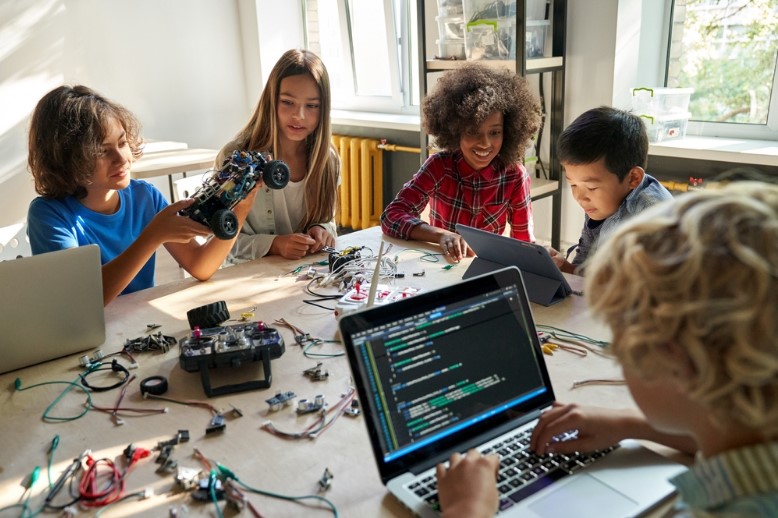Integrating Tech Into The Classroom: How Teachers Can Support Students
Related Articles
Students Prioritize Startup Ecosystems in College Selection
Traditionally, entrepreneurship was seen as an extracurricular activity undertaken by students after hours. This involved drafting business plans in dormitories or creating prototypes in...
Sam Altman Advises IIT Delhi Students Against Traditional Career Advice
At an event held in Dogra Hall at IIT Delhi, OpenAI CEO Sam Altman cautioned students against the pitfalls of following conventional career advice,...
Survey Reveals Insights on Children’s Use of AI in Education
The AI Impact Summit 2026 took place in New Delhi, unveiling the increasing integration of generative artificial intelligence (GenAI) into the learning routines of...


